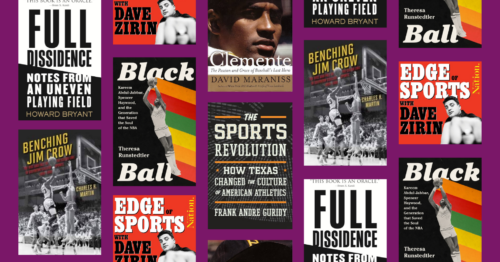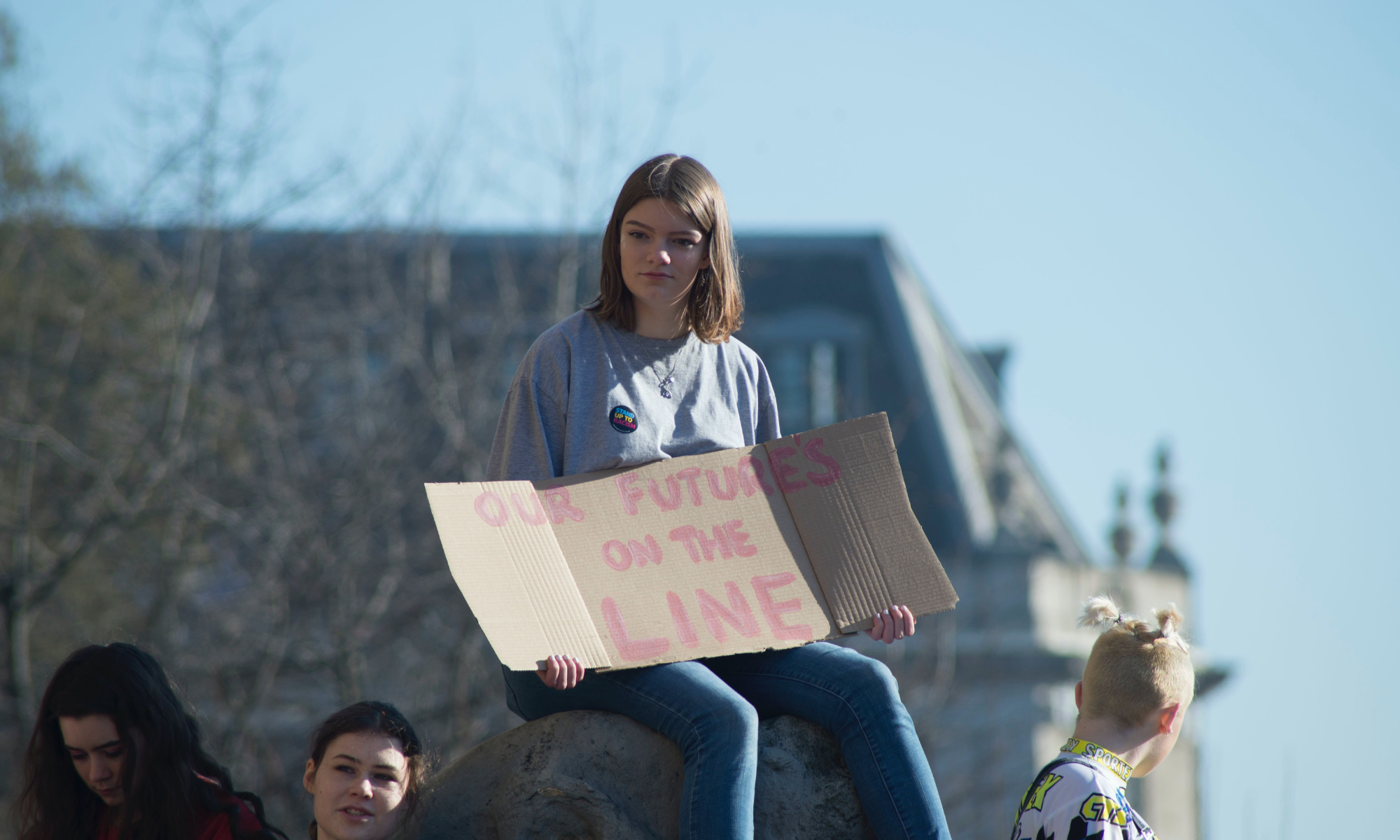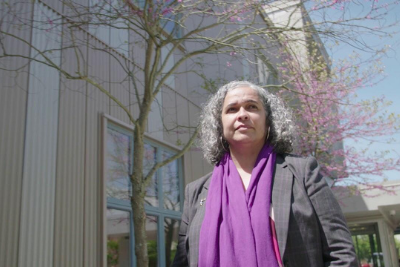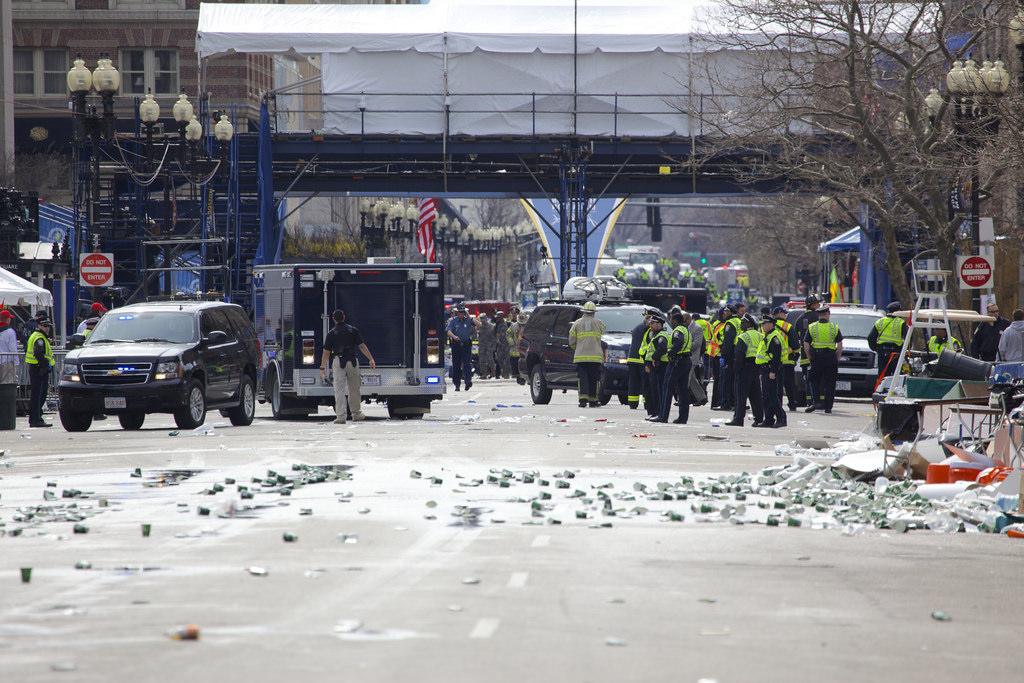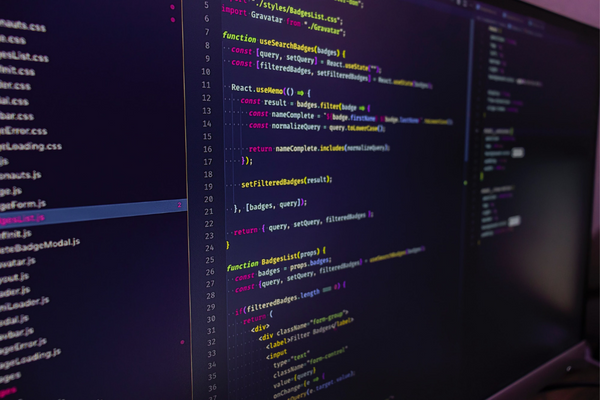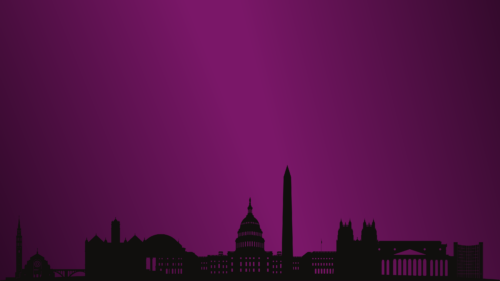In the United States, sports and patriotism go hand in hand. For decades, expressions of national pride have been common at sporting events — starting with national anthem renditions in 1918 and including military flyovers since 2001. Today, the sports industry is a contested stage for American patriotism and dissent. How have players and journalists used this stage to advance racial equity in the U.S.?
This March 19th, the Institutional Antiracism and Accountability (IARA) Project and the Institute of Politics are hosting a panel discussion on racial justice in the sports arena.
Here’s a list of what to read—and listen to—in the lead-up to the event. These works address some of the industry’s most pressing questions: In what ways have players challenged the national status quo by refusing industry norms? What activist strategies have players found successful in creating real change within their leagues? And what can others learn from these stories and apply in their own work?
This book presents a vital narrative history of professional basketball and the Black players who shaped it. In it, Theresa Runstedtler returns to basketball’s ‘Dark Ages,’ when the league became a symbol of a post-civil rights nation as incoming Black players were blamed for ruining the sport.
“Weaving together a deep knowledge of the game with incisive social analysis, Runstedtler argues that this much-maligned period was pivotal to the rise of the modern-day NBA. Black players introduced an improvisational style derived from the playground courts of their neighborhoods. They also challenged the team owners’ autocratic power, garnering higher salaries and increased agency. Their skills, style, and savvy laid the foundation for the global popularity and profitability of the league we know today.”
In this collection of nine essays, Howard Bryant confronts dangerous narratives around sports and U.S. culture today.
“The book is a reflection on a culture where African Americans continue to navigate the sharp edges of whiteness–as citizens who are always at risk of being told, often directly from the White House, to go back to where they came from. The topics Howard Bryant takes on include the player-owner relationship, the militarization of sports, the myth of integration, the erasure of black identity as a condition of success, and the kleptocracy that has forced America to ask itself if its beliefs of freedom and democracy are more than just words.”
This book takes a look at how American sports culture and the civil rights and second-wave feminist movements collided in Texas in the 1960s and 1970s. In it, Frank Andre Guridy describes a ‘sports revolution’ consisting of new franchises, leagues, stadiums, and most of all, popularity.
“Tracing events from the end of Jim Crow to the 1980s, Frank Guridy chronicles the unlikely alliances that integrated professional and collegiate sports and launched women’s tennis. He explores the new forms of inclusion and exclusion that emerged during the era, including the role the Dallas Cowboys Cheerleaders played in defining womanhood in the age of second-wave feminism. Guridy explains how the sexual revolution, desegregation, and changing demographics played out both on and off the field.”
Written by Pulitzer Prize winner DAvis Maraniss, this biography shares the story of Roberto Clemente, a baseball player known for his accomplishments and adoration in equal measure.
“The Clemente that Maraniss evokes was an idiosyncratic character who, unlike so many modern athletes, insisted that his responsibilities extended beyond the playing field. In his final years, his motto was that if you have a chance to help others and fail to do so, you are wasting your time on this earth.”
This book chronicles the rise and decline of segregation in American college athletics. Presenting original research, including previously unpublished correspondence of college administrators and athletic directors, Charles H. Martin explores Southern teams’ obsession with national recognition and their Jim Crow policies that prevented them for years from playing against racially mixed teams.
“Martin explores the changing social attitudes and culture of competition that turned the tide and allowed for the recruitment of black players and hiring of black coaches. He takes a close look at the case of Texas Western College (now the University of Texas at El Paso), the first major white university in an ex-Confederate state to recruit African American athletes extensively.”
In this podcast hosted by Nation magazine, sports editor Dave Zirin meets with defining voices at the intersection of sports and politics. In the episode Why Mahmoud Abdul-Rauf Didn’t Stand for the Anthem, Zirin talks with Mahmoud Abdul-Rauf, who was an NBA up-and-coming star in the 1990s, forced from the league when he refused to stand for the US national anthem.
In another episode titled 150 Years of Black Activism in Sports, With Dr. Harry Edwards, sociologist Dr. Harry Edwards discusses the role of sports in American life over the past 150 years, pointing to key examples of Black athletes using sports to shift culture.
As a final noteworthy episode, author Howard Bryant and Professor Brenda Elsey address the titular question: What Happened to Black Activism in Professional Sports? In it, they take the Black Lives Matter movement through the 2010s as a starting point for a broader conversation on Black activism in the sports industry.
Upcoming Event
Join us on March 19 at 6:00 PM ET for a panel titled Leveling the playing field: Sports and racial equity in the United States.
Leading the conversation is a dynamic group of speakers: Nneka Ogwumike (WNBA Player & President of the WNBA Players’ Association), Rob Parker (Sports Journalist), and Ken Miles (Executive Director of the Penn Center for Inclusive Innovation).
Everyone is invited to join the panel via livestream, and Harvard ID holders are invited to attend in-person.
Interested? Stream the panel discussion live via the Institute of Politics’ YouTube, or register to attend in-person via the link: https://iara.hks.harvard.edu/event/leveling-the-playing-field/


